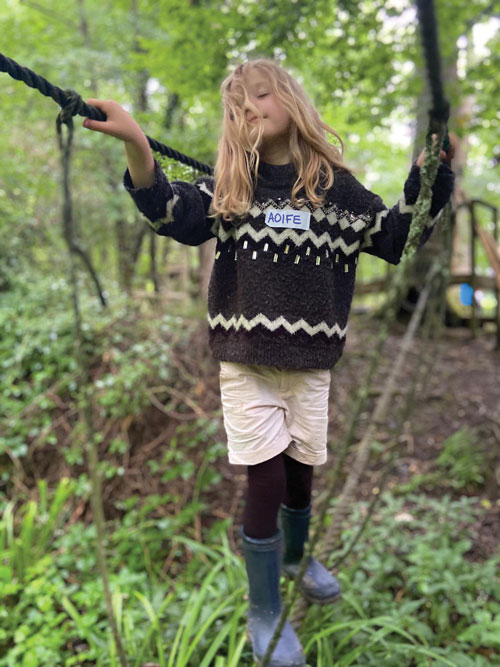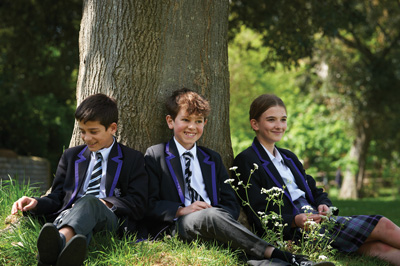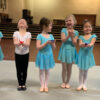The sons and daughters of foster carers play a vital role in fostering; they contribute hugely towards the success of fostering placements and make a valuable difference to fostered siblings as they settle into their new home. Fostering is a life changing decision and should be considered and thought about as a family.
Sometimes, the perceived impact of fostering on birth children prevents families from finding out more as they feel they need to wait until their children are older. However, for many of the families who foster for Brighton & Hove City Council, the experience has been positive and rewarding.
We asked foster carer Felicia to tell us about the role her children play in their fostering family. “Becoming a fostering family was a big step for the whole family, but becoming foster siblings was particularly special for our birth children.
At the start of our journey, I knew I wanted to foster children, but it was something that we had never approached as a family. It was important for us to ensure that we involved our birth children from the very start, to ensure they were happy with the changes and the roles they would take on. Our children were keen from the start. We love a busy house and the joy that many children bring to it. The more the merrier! We ensured that the children were also aware of the difficulties that they may face such as sharing their parents with more children and the sense of loss that they may feel when foster children moved on to their forever homes. It was important for them to have a transparent view of fostering, as well as to understand the joy and the challenges that may lie ahead. The children were involved throughout the assessment process, speaking with assessing social workers and meeting other birth children. They continued to express that they were keen to start fostering.
Five years on as a fostering family and I am truly proud of the difference that our birth children make to the foster children who come into our care. They welcome the children when they first come to our home and help to find toys to play with and make the children feel part of our family. Our children have demonstrated kindness, calmness and understanding towards children who have needed our support. As a fostering family of babies and toddlers, our birth children have been involved in helping our foster children meet many milestones.They have helped children learn to crawl, to walk, to talk and encouraged them with love and praise when they learn new things.The immediate instinct they show to comfort children when they are upset or unsettled is wonderful to see, as well as extending this kindness to other people around them.
We take regular opportunities to check that our children are happy to continue our fostering journey and every time we get a resounding yes!
Our birth children love to keep in touch with the children we foster when they move into their forever homes, where this is appropriate. It’s an honour and a privilege to continue in these children’s lives and see the bond between the children as they grow.”
We also asked foster carer Stella about the impact fostering has had on her children. “Our children have turned out to be very empathetic and sympathetic young people because they know that not all children and young people have a happy upbringing. This includes basic needs like having a clean, well-equipped house and a happy family home where they feel safe and wanted.
They have both grown up to be young people who are kind, just to be kind, not because they think they will get something in return.
They continue to constantly and consistently show the children we care for unconditional love and go out of their way to make the children feel that they belong in our family.
They have never complained about having to share their home, their holidays, their parents, their possessions, and their experiences with other children. People around us always tell us how kind, polite, empathetic, gentle and loving our children are, and we feel that as well as their happy upbringing, fostering has enhanced these qualities.
They have a great appreciation of having been part of a close, happy, secure, positive and encouraging family and we feel that this will continue when they themselves become parents.
We feel that they have learned skills and become people who will go on to become lovely parents themselves.”
Every day the children of foster carers welcome other children into their homes and their lives. They strive to make young people in care feel safe, happy and loved, and ensure that they can thrive. Fostering involves the whole family and the contribution of sons and daughters is vital.
If you have room in your heart and home to foster, the Brighton & Hove Fostering Team are keen to hear from you. They need foster carers from all walks of life, those with children of their own, and those without.
Visit www.fosteringinbrightonandhove.org.uk for more information or e-mail fosteringrecruitment@brighton-hove.gov.uk to find out about upcoming online information sessions.
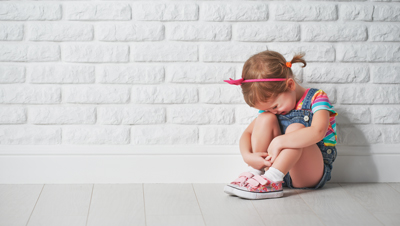


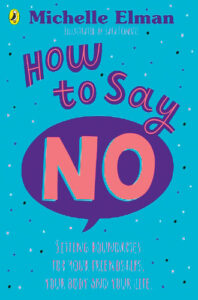 isten when their siblings say no to them entering their room. Emphasising that we also want to respect other people’s boundaries and giving them the language around boundaries is also really helpful. A boundary might not always sound like the word “no”, it can be “That doesn’t work for me”, or “I don’t like the sound of that,” and when you understand that this is someone conveying their boundaries, not only do they have phrases to listen out for but they have the same phrases they can use themselves.
isten when their siblings say no to them entering their room. Emphasising that we also want to respect other people’s boundaries and giving them the language around boundaries is also really helpful. A boundary might not always sound like the word “no”, it can be “That doesn’t work for me”, or “I don’t like the sound of that,” and when you understand that this is someone conveying their boundaries, not only do they have phrases to listen out for but they have the same phrases they can use themselves.
